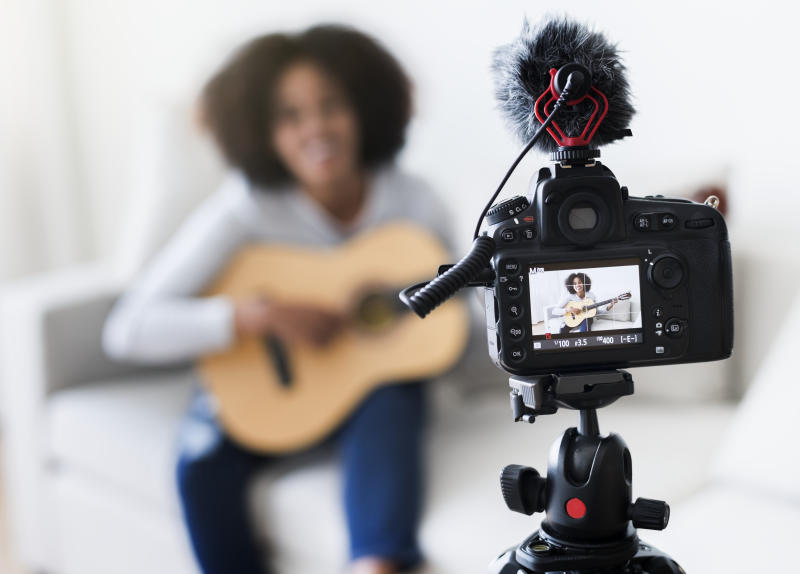×
The Standard e-Paper
Home To Bold Columnists

Female vlogger recording music [Courtesy]
The Kenya Copyright Board has noted with concern some proposed changes to the Copyright Act contained in the Copyright Amendment Bill published by the National Assembly on October 22, 2021.